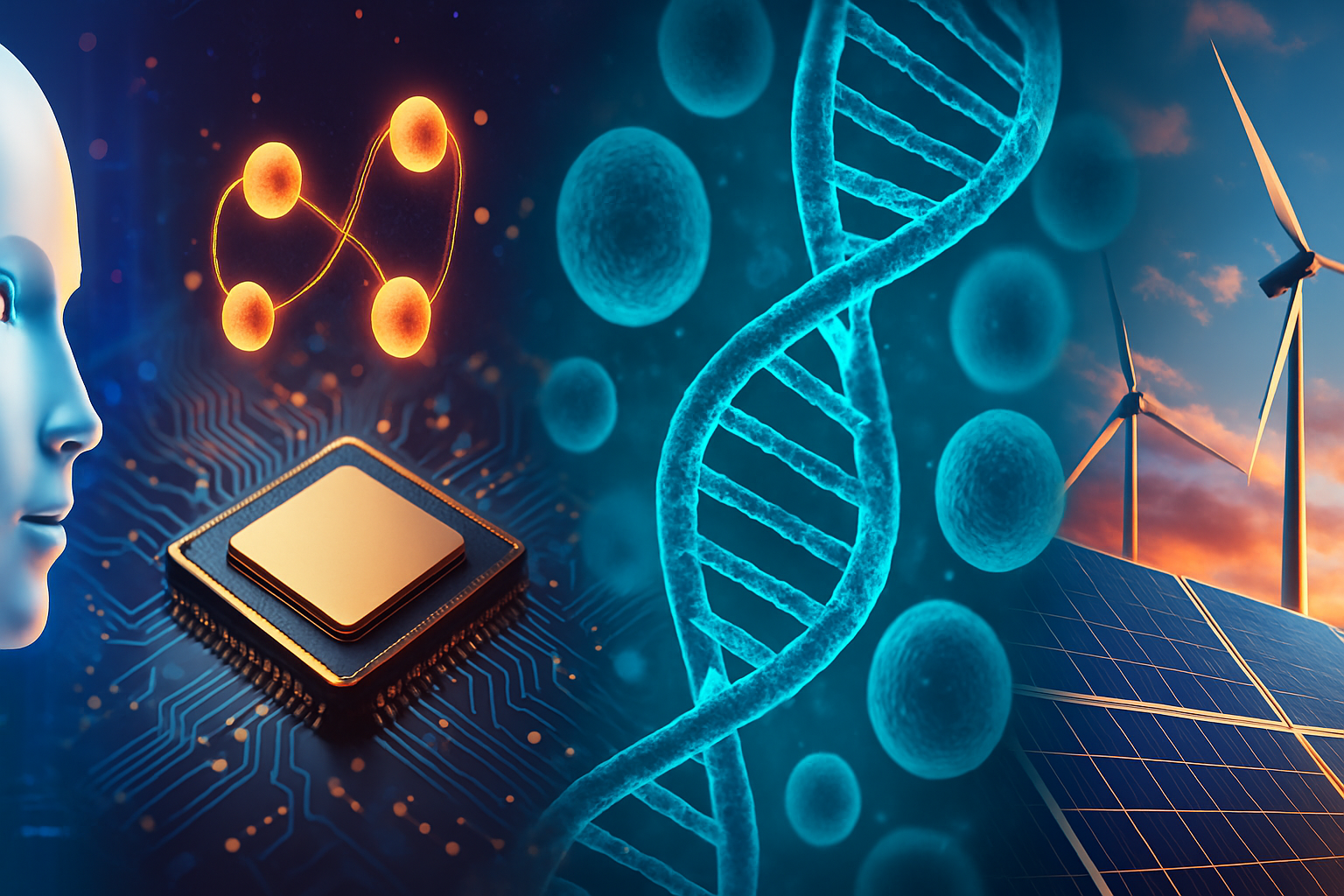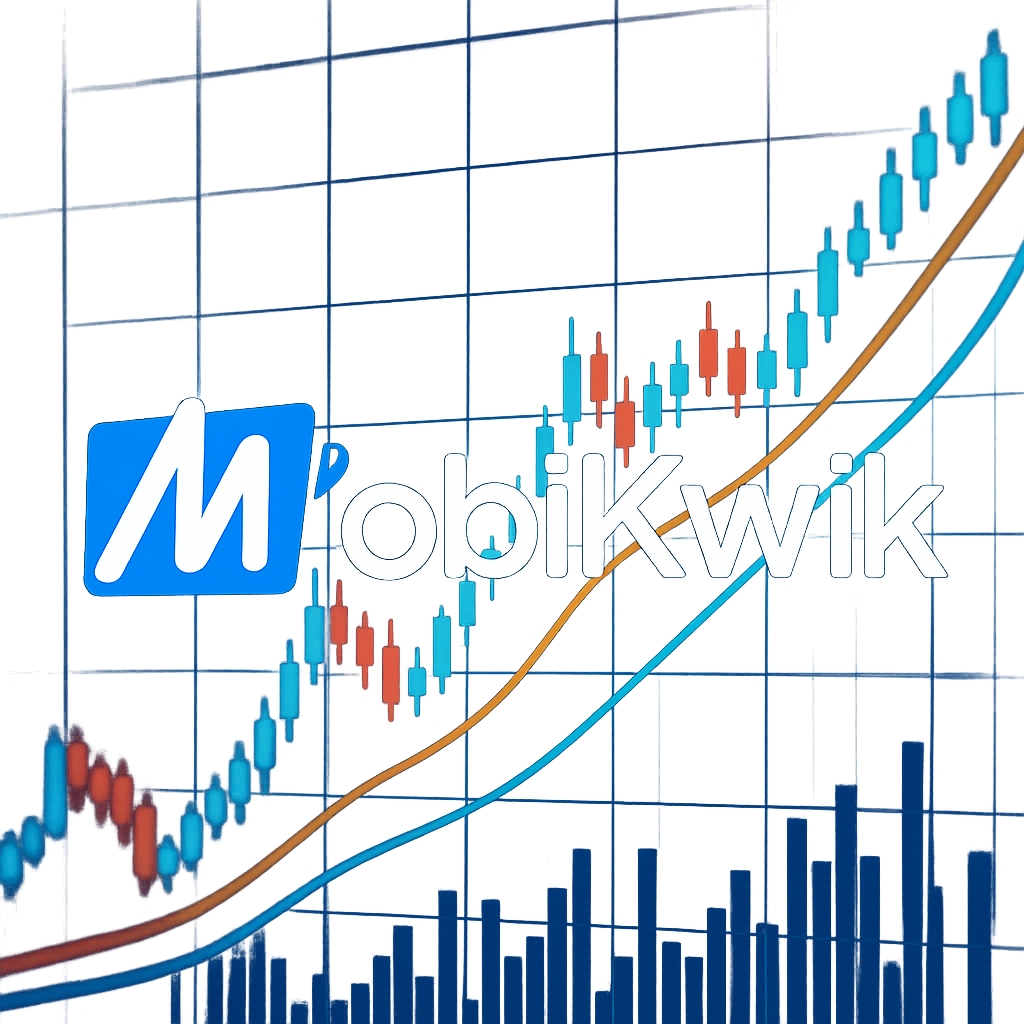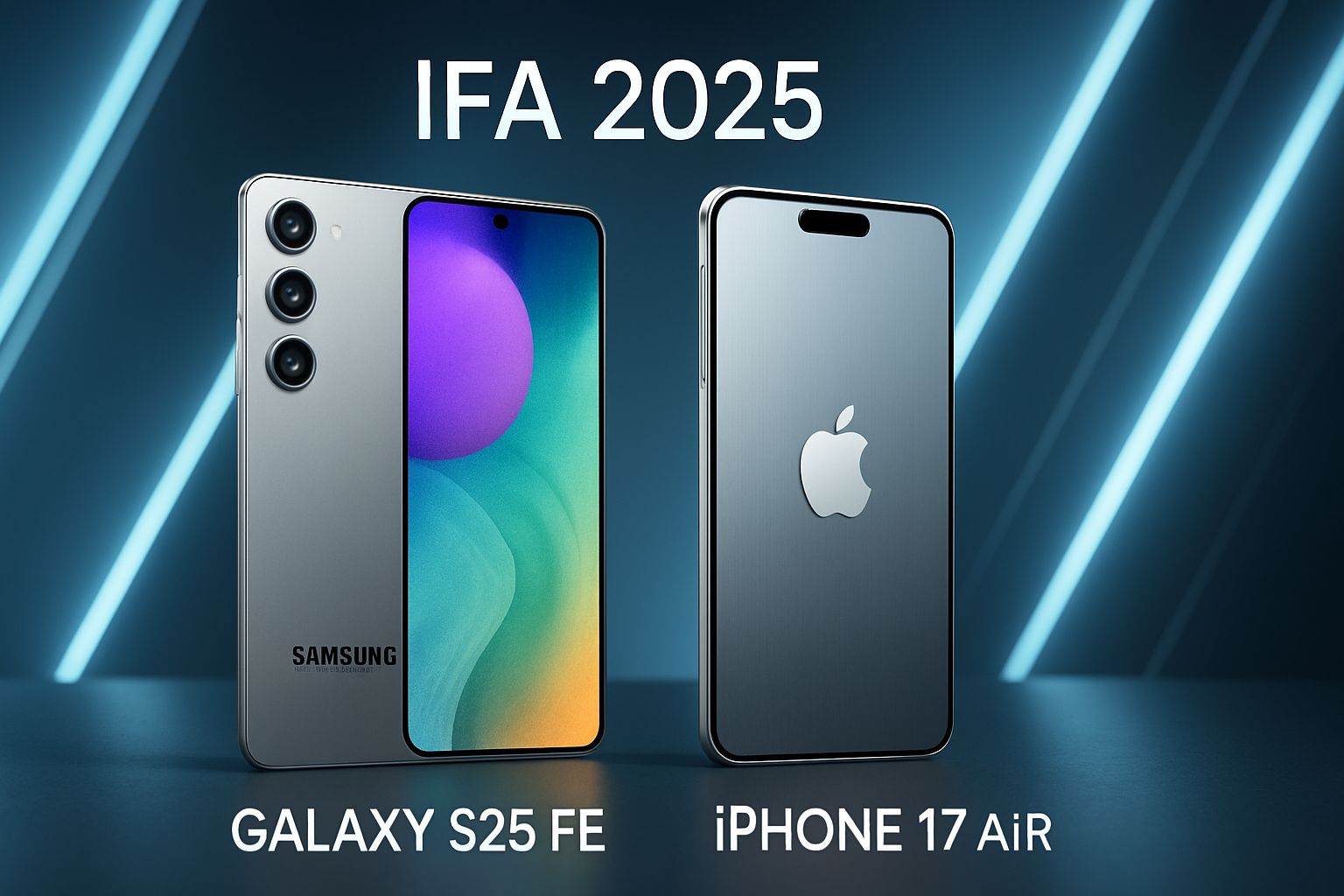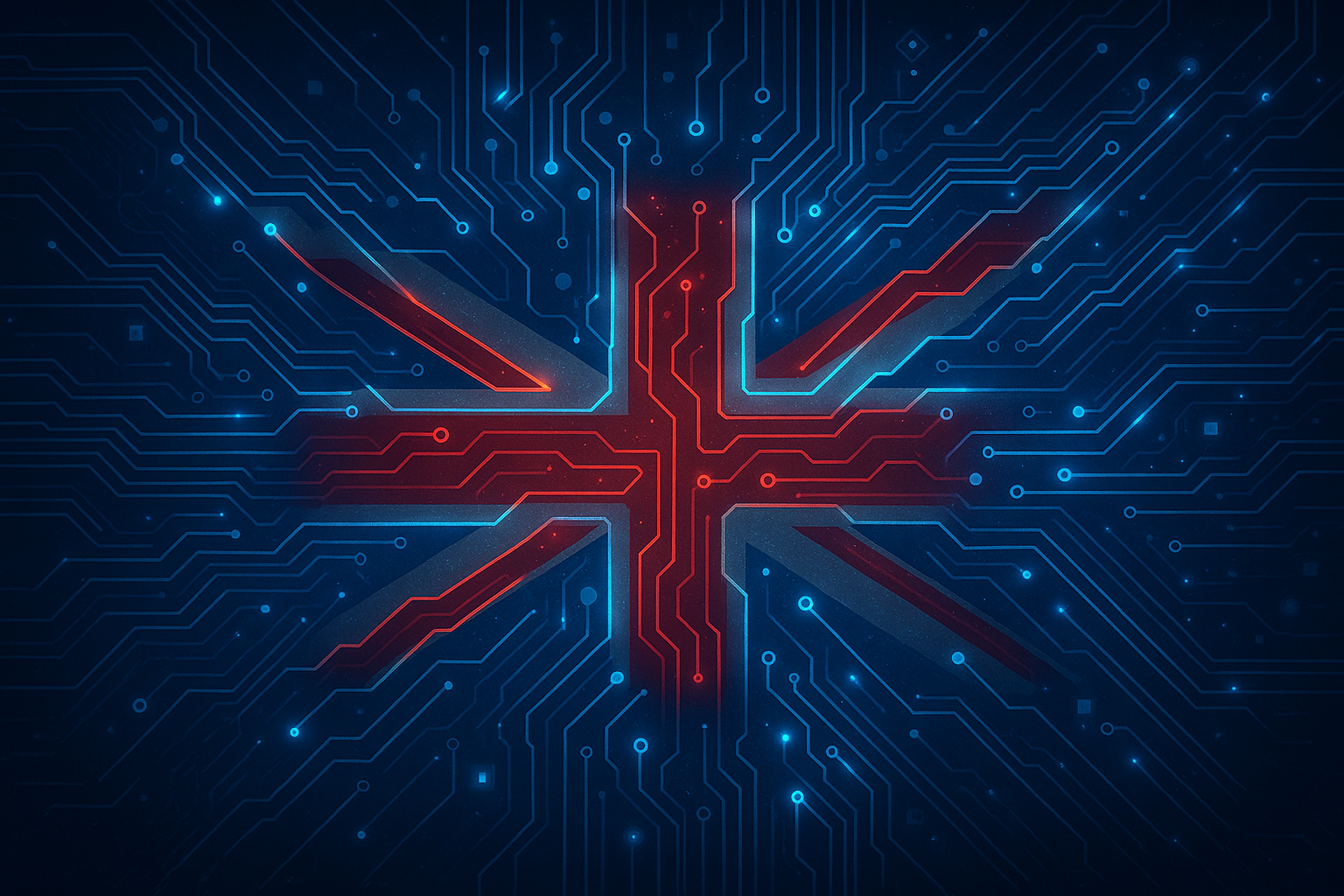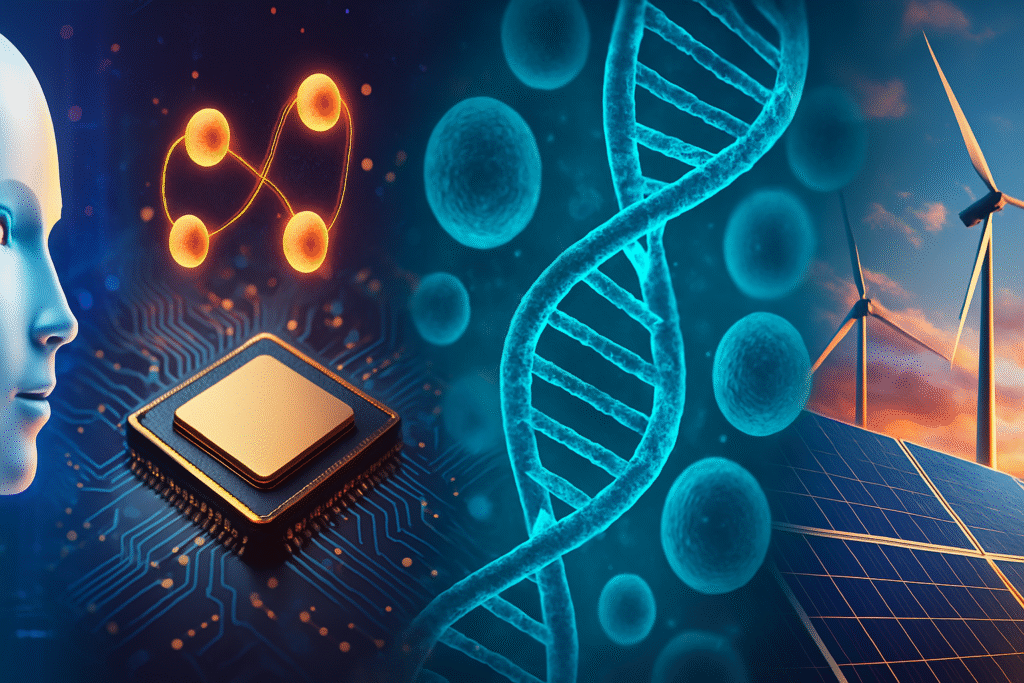
The AI revolution is transforming the landscape of technology, leading us towards a future where intelligent systems are integral to our daily lives. These advancements are not just about efficiency; they redefine how we interact, work, and learn. As we delve into the key breakthroughs that are shaping this revolution, we will explore their implications and the profound impact they carry.
The Emergence of Generative AI: A Game Changer
Generative AI stands at the forefront of the AI revolution, driving a wave of innovation across diverse industries. By harnessing large datasets and sophisticated algorithms, generative models are capable of producing original content, from art to code. This technology is revolutionizing creative sectors, allowing creators to augment their work and push boundaries.
Not only is generative AI augmenting creativity, but it also streamlines processes in sectors like marketing and customer service. Businesses can generate personalized content, such as product descriptions and advertisements, making them more appealing to their target audiences. The ability to analyze large datasets and create tailored solutions significantly enhances operational efficiency.
Natural Language Processing (NLP): Breaking Down Barriers
Natural Language Processing (NLP) is another critical breakthrough in the AI revolution, enabling machines to understand and interpret human languages. This capability has led to significant advancements in chatbots, virtual assistants, and translation services, making communication more seamless and effective.
The applications of NLP are vast. In customer support, companies employ chatbots powered by NLP to provide 24/7 assistance, drastically reducing response times. Moreover, with tools like real-time translation, language barriers are being eliminated, making global communication easier than ever. The implications of these advancements extend to education, where language learning apps utilize NLP to personalize language acquisition experiences.
Computer Vision: Enhancing Perception and Interaction
Computer vision, a pivotal aspect of the AI revolution, is enabling machines to interpret and make decisions based on visual data. With breakthroughs in image recognition and video analysis, industries such as healthcare, automotive, and retail are harnessing the power of computer vision for a range of applications.
In healthcare, for example, computer vision is utilized to analyze medical images, thereby improving diagnostic accuracy. Algorithms can detect anomalies that might be missed by the human eye, leading to earlier interventions and better patient outcomes. Similarly, in the automotive industry, computer vision is crucial for the development of self-driving cars, where the vehicle must interpret its surroundings in real time for safe navigation.
In retail, computer vision technologies are streamlining inventory management and enhancing customer experience through smart checkout solutions, thereby capturing customer data more effectively. These innovations illustrate how computer vision is reshaping industries by enhancing operational workflows and customer engagement.
AI in Healthcare: Revolutionizing Patient Care
The application of AI in healthcare is perhaps one of the most significant breakthroughs in the ongoing revolution. AI tools are now capable of analyzing large volumes of medical data, leading to better diagnoses and treatment plans. Machine learning algorithms can analyze patient records, research literature, and clinical trials accurately, identifying patterns that lead to improved patient care.
Furthermore, predictive analytics powered by AI has become vital in managing public health. By analyzing data trends, AI can help predict disease outbreaks and notify healthcare providers to prepare in advance. This proactive approach enables healthcare systems to allocate resources efficiently and improve patient outcomes significantly.
Telemedicine, enhanced by AI tools, has made healthcare more accessible, enabling patients in remote areas to receive consultations and follow-ups without needing to travel. AI-driven platforms ensure that healthcare professionals can provide timely and effective care irrespective of geographical constraints.
AI Ethics: Navigating the Challenges of the AI Revolution
As the AI revolution progresses, ethical considerations have become increasingly important. The deployment of AI technologies raises questions about bias, accountability, and the implications of automation on employment. Consequently, stakeholders are now tasked with developing frameworks to ensure AI serves humanity responsibly.
Bias in AI algorithms can lead to discrimination in critical areas such as hiring, lending, and law enforcement. Identifying and mitigating these biases is essential to instill trust in AI systems. Researchers and organizations are advocating for diverse teams in AI development to ensure a range of perspectives are considered in designing these systems.
Moreover, the rapid adoption of automated systems poses challenges for the workforce. As AI takes over routine tasks, there is a pressing need for reskilling and upskilling programs to prepare workers for the nuances of a technologically advanced job market. Addressing these ethical challenges will be crucial as we continue to embrace the possibilities of the AI revolution.
Future Trends: What Lies Ahead in the AI Revolution
Looking ahead, the AI revolution will see even more compelling advancements, particularly in areas like quantum computing and advanced robotics. Quantum computing holds the potential to solve complex problems that classical computers struggle with, thereby unlocking new capabilities for AI applications.
Advanced robotics, enhanced by AI, will pave the way for innovations in manufacturing and service delivery. These robots will be equipped with the ability to learn from their surroundings, becoming more autonomous and efficient.
Moreover, as AI becomes more integrated into our daily lives, human-AI collaboration will become the norm, leading to enhanced productivity and new forms of creativity. The fusion of AI with other transformative technologies such as the Internet of Things (IoT) will further amplify the benefits, leading to smarter environments and systems.
FAQs
1. What is the AI revolution?
The AI revolution refers to the rapid development and integration of artificial intelligence technologies into various sectors, fundamentally transforming how we interact with technology and each other.
2. How is AI affecting job markets?
AI’s automation capabilities can lead to job displacement in certain sectors. However, it also creates new job opportunities that require advanced technical skills and human oversight.
3. What are the ethical concerns surrounding AI?
Key ethical concerns include bias in AI algorithms, privacy issues, the potential for misuse of technology, and the impact of automation on employment.
4. How is generative AI used in creative industries?
Generative AI assists creators by producing original content, which aids in brainstorming, creating art, and even writing. It allows for the rapid generation of ideas and concepts.
5. What role does AI play in healthcare?
AI enhances healthcare by improving diagnostics, personalizing treatment plans, optimizing resource allocation, and enabling telemedicine solutions for better patient reach.
By harnessing the transformative power of these technological advancements, society can navigate the complexities of the AI revolution, creating a future where both humans and intelligent systems coexist harmoniously. The journey is just beginning, and the developments in AI will undoubtedly hold the key to shaping our future landscape.

